Just about 11 months ago, I decided to participate in my first ever 5K with friends and coworkers. I thought to myself, “You know you can walk that far, if you run great, if you don’t, that’s okay too.” I recognized that in that moment I was choosing to do this for myself, not for the benefit or recognition of anyone else.
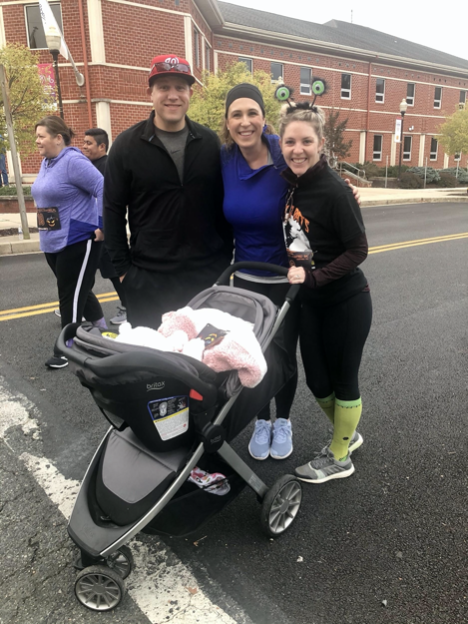
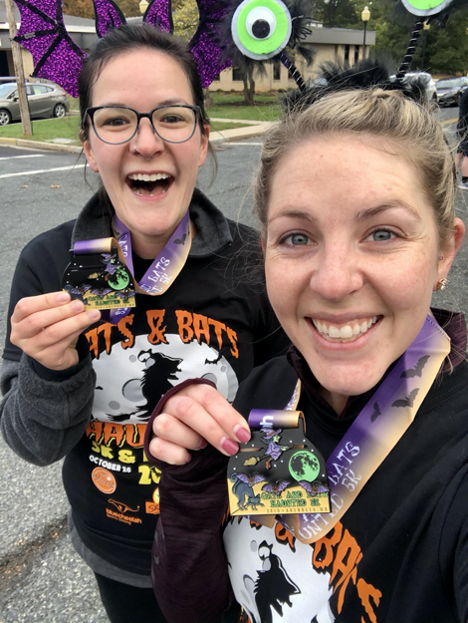
This may not seem like groundbreaking news to you, but to me, this was the first time I realized I had experienced a huge shift in my mindset related to exercise and I wasn’t even aware of it.
Back in 2016, my wonderful husband, and at the time my boyfriend of 8 years, proposed and we started the wedding planning process. Like many bride-to-be’s, I started to focus on what I wanted to wear for our special day, what I wanted to look like, and how I wanted to feel. A few close friends had also gotten engaged around the same time we had, and I remember discussing healthier meal planning and what they were doing for exercise. Exercise had never been something I enjoyed, in fact, I usually avoided it like the plague. My relationship with exercise was one of judgments and negative self-talk. During the year between engagement and our wedding, I made choices related to exercise and diet that supported my goals for a healthier, more balanced lifestyle. This was the first time I had made these changes for myself and felt like I had a positive relationship with exercise.
To give you a little bit of history, I was not athletic growing up. I experienced shame during gym class when my teacher would have me restart mile runs or the Turkey Trot because I walked or my time wasn’t fast enough. I experienced disappointment when my doctor recommended I join a cheerleading squad because I was overweight and she thought it would help me be more active. I felt a disconnect from many of my friends who played sports; I always yearned to wear those adorable lacrosse outfits and hang out with “my team” after school. I played one year of rec lacrosse, I was beyond uncoordinated…come to think of it I still am, and after that, I decided when I started high school, I wanted to give JV lacrosse a try. I remember those brutal tryouts like they were yesterday. They had us practice several types of basic skills, along with a mile run. The feeling of defeat I felt when I was one of the only students that could not complete a mile run in under 9 minutes hit me like a slap in the face. I can still see myself walking off of the field saying in my head, “you’re not good enough, just quit.” So that’s exactly what I did. I went home and I told my mom that the other girls who had been playing for years, who could run a 6-minute mile, were more talented and had more ability then I could ever compete with. I thought I was doing myself a favor by cutting myself before the coach had the opportunity to embarrass me in front of all of these girls I so wanted to be like. From that moment on, my narrative about exercise was negative and I told myself it wasn’t for me.
Fast forward to October of 2019 (the 5K discussed above) I remember saying out loud to my friend, “I bet next year if we do this, I could run a mile if I practice enough over the next year.” Not only was this the first time I had a thought that me running a full mile could be possible, but it was the first time I wanted to achieve that goal for no one other than myself. I found myself going to the gym during the next couple of months, walking and running intermittently, utilizing Peleton walk/run compilation videos to help guide my exercise. I remember two key phrases that the instructor used during the video. The first was, “I get to do this,” instead of, “I have to do this,” and the other, “I can do anything for 30 more seconds.” Those two affirming statements have continued to drive my journey in exercise 11 months later. In reflection, I realized these statements allowed me to push myself in a positive way, comparing only my progress to myself. This was the first time I was running when I felt I could and walking when I felt I needed it. I was no longer conducting my exercise for a teacher, a classmate, a coach who was evaluating me. After each workout, I looked at my progress on my Apple Watch; I’m not going to lie to you, I definitely wasn’t working 24 hours, 7 days a week towards this goal of running a full mile. But what I was doing during my workouts was so different from any experience I had before and the change was noticeable. I was supporting myself and pushing myself to do my best and I awarded myself before, during, and after each workout with positive affirmations. As I was able to separate exercise from its past connection to judgment and pressure, it finally became rewarding to me.
If I haven’t lost you yet, we fast forward again to September of 2020. Yes, I know, this year of 2020 has been a year of firsts, that most people would probably like to forget. I can’t say I’m immune to sharing some of those same feelings, however, on September 26, 2020, I completed my goal of running a FULL mile outside (yes around other people that could have been watching me fail or achieve) and the feelings I had after that run is something I never want to forget (if you want to see how I felt, see pictures below). It was hard, I wanted to quit at times and my mind shifted from, “You can do this,” to, “This is hard so you should just stop,” several times. The most profound part of this experience for me was that I didn’t listen to my old patterns of thought and those previously held beliefs that I wasn’t good enough or that I couldn’t achieve this because it was too hard. This experience, to me, has proven the power of positive self-talk and internal validation.
I realize now that growing up, I wasn’t able to stick it out through tryouts or run a mile in gym class for more than one reason. It wasn’t just that I was out of shape, overweight, or was never trained to have the stamina to make it through, but it was also because I was trying to achieve those goals for the acceptance and recognition from others; this is what psychology refers to as external validation. External validation can be defined as relying on someone outside of ourselves to validate our value, worth, and capabilities. This could be family, friends, coaches, teachers, etc. When we function day-to-day with a need for external validation, it can be detrimental to our mental health and overall well-being. This new thought pattern resembled a different type of validation; internal validation. Internal validation can be defined as relying on ourselves to validate our value, our worth, and our capabilities. Internal validation allows us to decide what is good enough, what gives us our value, and what capabilities we possess.
I share this experience with you, not to encourage you to set a goal of running for yourself, but in the hope to inspire you to look inside of yourself to see from where you are seeking validation. Those goals or dreams you have swirling around inside your head, the day-to-day tasks that seem daunting due to striving for perfection to gain the validation from others; where are the barriers and who is standing in the way of you achieving things you actually want? Is it your own mindset? Is it those around you that you seek validation from? We know through many interventions with psychotherapy, we can change the way we think, change the way we feel, and change the way we behave. What if you were your biggest cheerleader (without even having to join the cheerleading squad), your greatest supporter, and your most affirming voice?
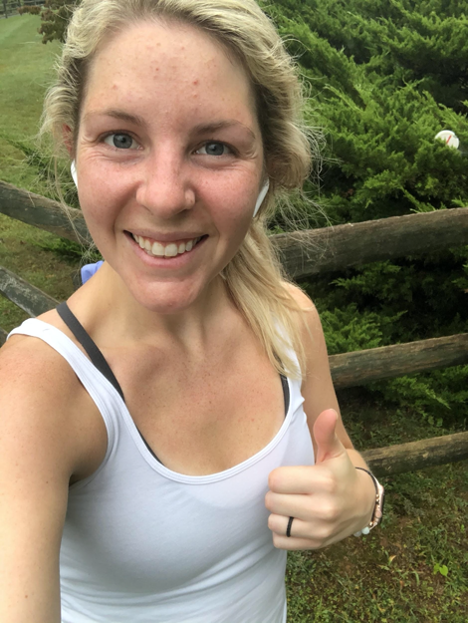
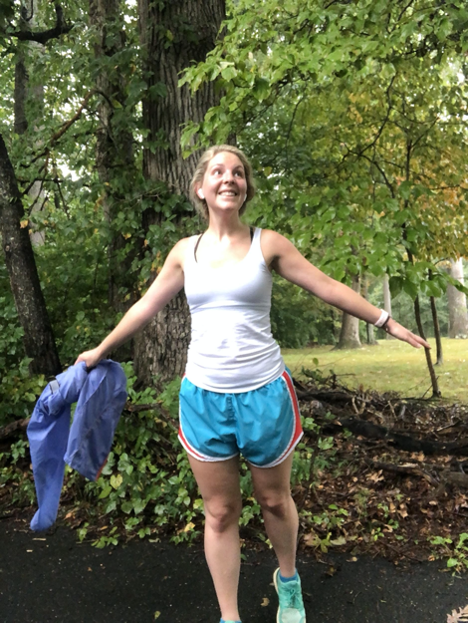
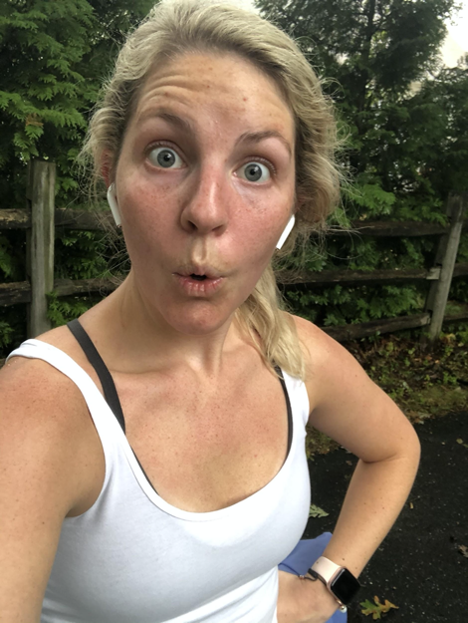




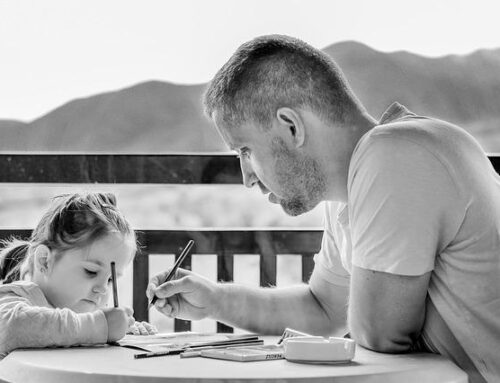
Leave A Comment